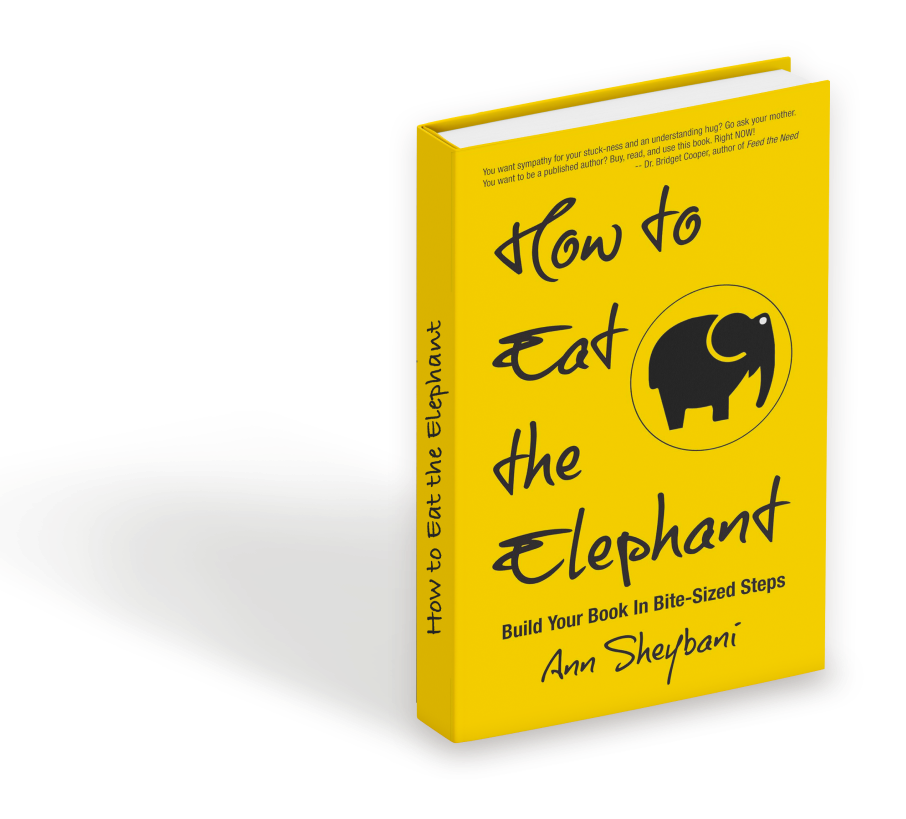Self-publishing, also known as indie (short for independent) publishing, is currently the most common way for new authors to bring their books to market.
Because this is the “easiest” method of publication, I’d like to offer you a word of warning: Without publishing house roadblocks to navigate, agents to win over, or partnership standards to be taken into account, the biggest mistakes an indie author can make is to rush the publication of his or her book, and to scrimp on expert costs. Remember, to complete your first draft, you must embrace the shitty. To publish said shit, however, only serves to soil your family name. To quote Nancy Reagan, just say no.
If you’re going to self-publish your book, the one you’ve spent all that time and effort writing, be wise. Hire a designer and an editor or two to clean up your manuscript. Do what it takes to make it look professional before you toss it into the world. If you’re putting out a novel or a work of creative non-fiction, you’ll, at the very least, want a holistic editor to identify narrative issues, and a copy editor to fix your punctuation, sentence structure, and grammar. For any other type of book, you’d be well served to hire a copy editor, someone who can save you from looking illiterate.
Now that I’ve addressed the impulse to just “get ‘er done,” let me give you an overview.
Self-publishing is all about control, which is great news for us control freaks. Because you don’t sell your rights, or enter into a partnership agreement, you, the author, control not only the design and title of your book, but the release date, the price it sells at, reprints, format, marketing, and so on and so forth.
This also means that you have to do all of the work as well, or locate and hire professional help. You are the general contractor.
If, for instance, you wanted to create an audio book, not just a paperback copy, you’d need to record it yourself with the proper equipment, or hire a voice actor, which, by the way, isn’t all that difficult with sites like upwork.com around.
Even if you secure the services of professionals to do the tasks that you’re not equipped to do, or don’t want to learn how to do, it’s still you who chooses the talent and what the final product will look like. You’re the head honcho who takes competitive bids and researches the members of your team by looking at past work and obtaining references, just like you would for any other contract process. In other words you, my dear, are large and in c-h-a-r-g-e.
With control comes financial responsibility. Self-publishing, like partnership publishing, has some upfront expenses. The average cost for a quality product, including an electronic version of your book, is around $2000, most of which goes to a freelance editor. Other costs can include interior and cover design, ISBN purchasing, copyright registration, and purchasing hard copy inventory.
Becoming familiar with these aspects of the publishing process can often entail a learning curve. If you don’t like learning new tricks, consider the partnership press option. Never forget: Time is money.



